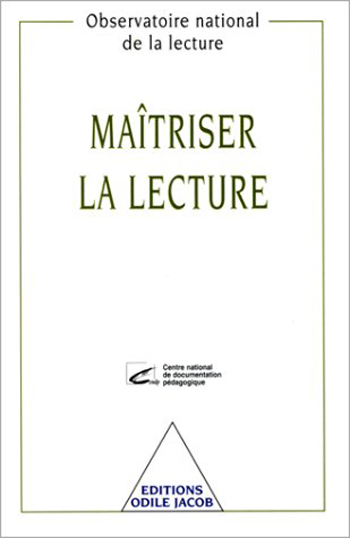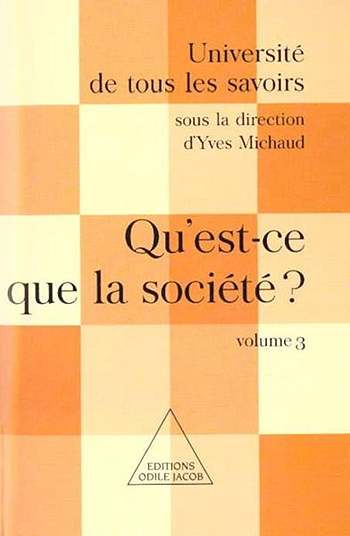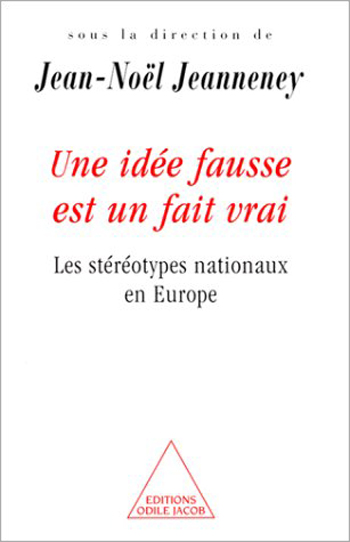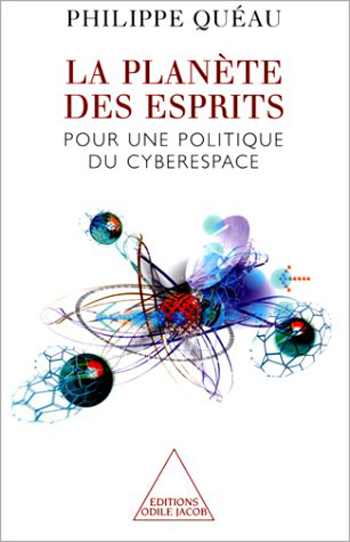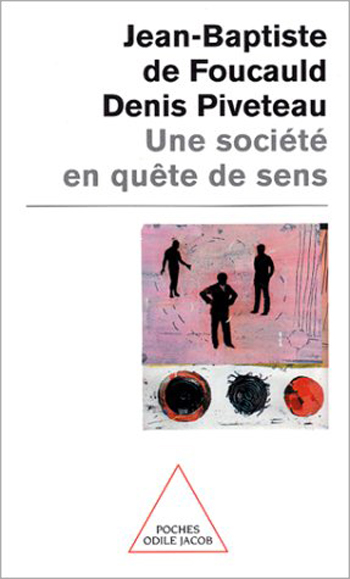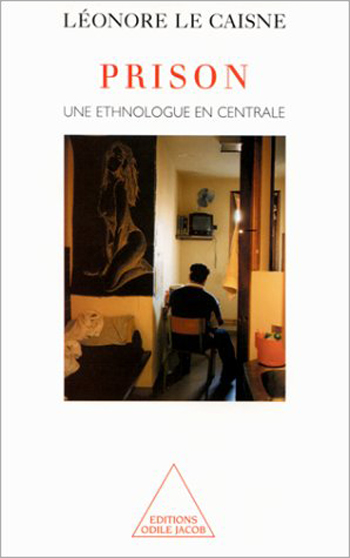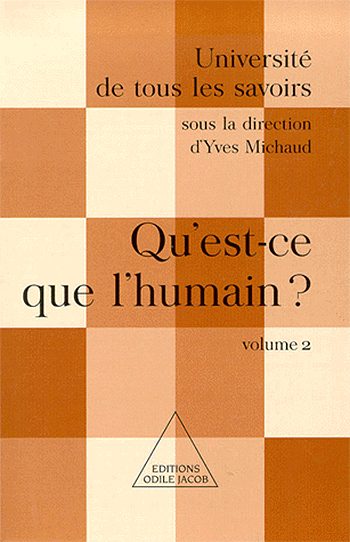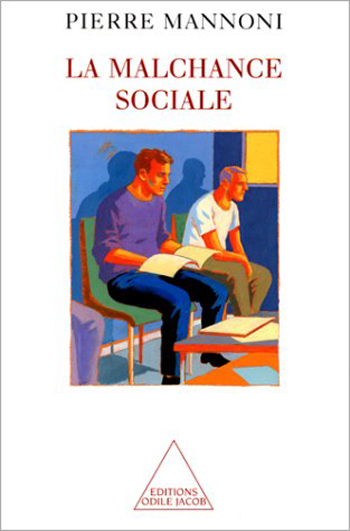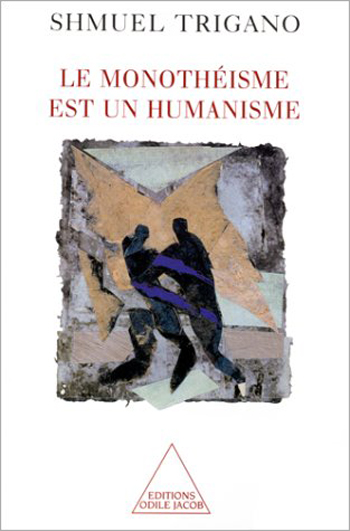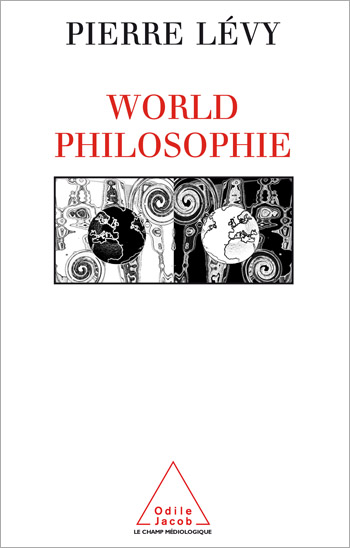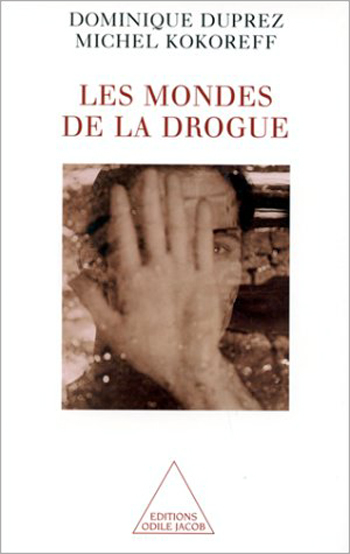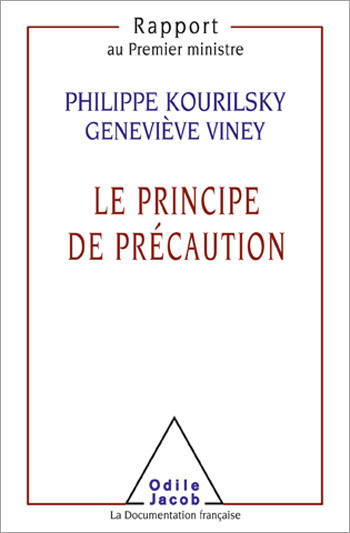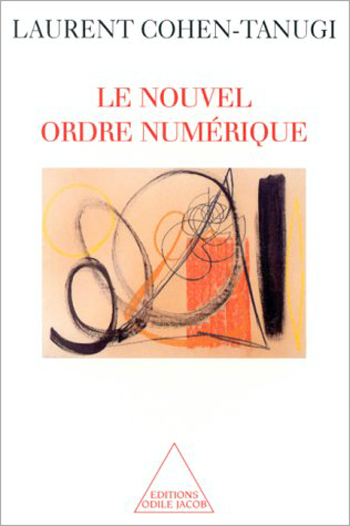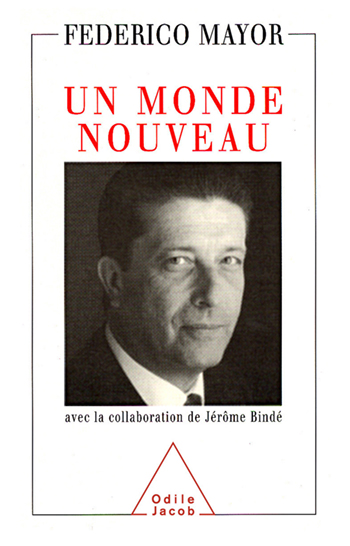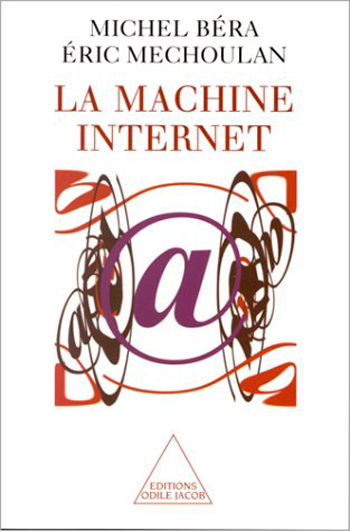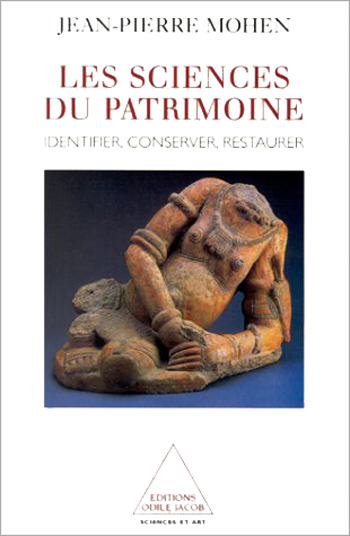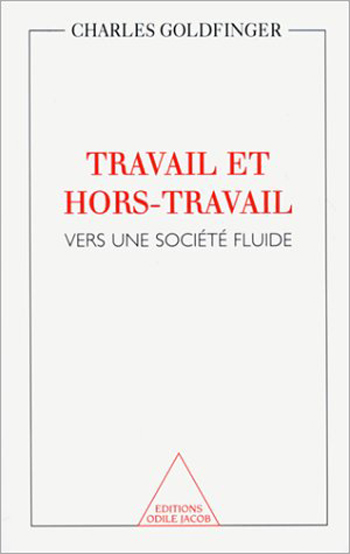Societal issues All books
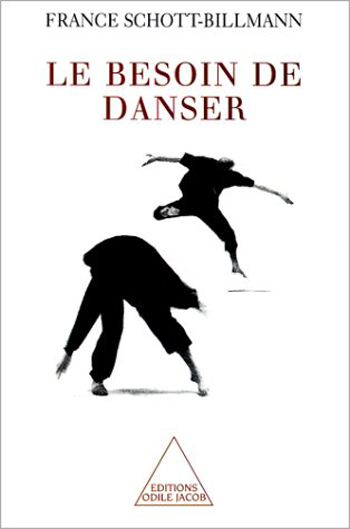
France Schott-Billmann
The Need to Dance
Village dances, the craze for Oriental and African dancing, the large number of rave parties - over the past few years, the joy of dancing seems to have been rediscovered in France. What does the desire to dance hide?

Nathalie Blanc
Animals in an Urban Environment
Those of you who live in an urban centre, do you think the rightful place of the animal is in the countryside ? Do you think that dogs are simply kept at the whim of lonely citizens ? That cats should not be allowed to roam the streets ? That there should be no more cockroaches to invade homes ? Yet, do you really want a city without nature ? Without green areas, but also without animals ? A sterilised city in other words.. Nathalie Blanc analyses here the role of the animal, and thus the living, in our urban societies. Nathalie Blanc is a researcher specialising in urban geography, at the Centre National de la Recherche Scientifique.
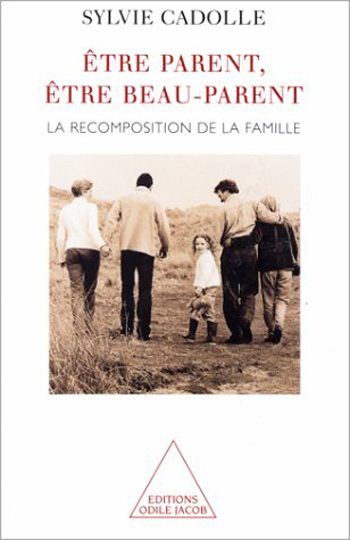
Sylvie Cadolle
Being a Step-parent The Recomposition of the Family
More than one million children in France live permanently or occasionally with a step-parent. What place does a step-parent hold in the family of a child whose parents are divorced or separated? What role does he or she play? Is it sufficient to know how to love in order to succeed in reconstructing a family? This is the first French investigation into the relations between step-parents and step-children that allows both the adults and the children to freely express themselves. Sylvie Cadolle teaches philosophy and educational sociology.

Bernard Frank
Gods and Buddhas in Japan (Work of the Collège de France)
Japanese Buddhism descends directly from the Chinese Buddhist tradition which flourished from the sixth to the eighth centuries.
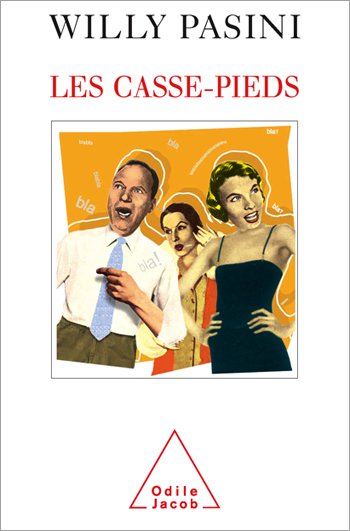
Willy Pasini
The Nuisance People
Does your best friend never seem to overcome any of her problems? Does your boss seem overly anxious? Is your partner depressed because he feels inadequate? Even though you may feel that life is generally uncomplicated and happy, recently youve been having trouble coping and fighting off the ambient dejection and the psychological problems of everyone around you. Based on numerous case studies, Willy Pasini reviews the different types of situations that are likely to spoil your everyday life so you can avoid this kind of trouble in the future.
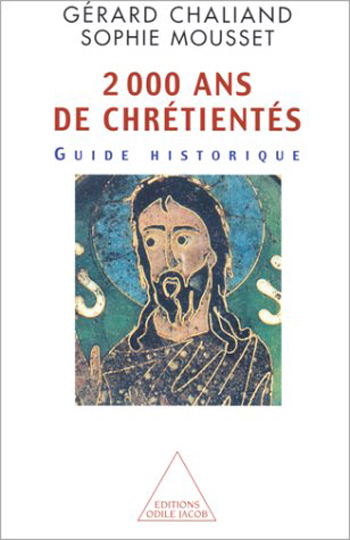
Gérard Chaliand, Sophie Mousset
2000 Years of Christianities A Historical Guide
Two thousand years of Christian thought are reviewed here through some key texts of the Christian tradition...
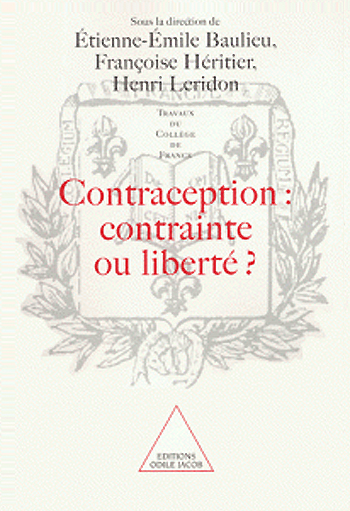
Étienne-Émile Baulieu, Françoise Héritier, Henri Leridon
Contraception : Constraint or Liberty ? (Work of the Collège de France)
It is now generally accepted that contraception should be readily available.
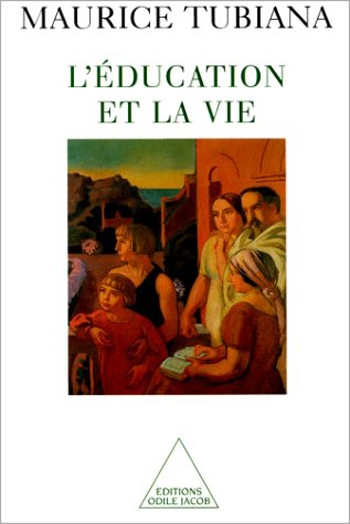
Maurice Tubiana
Education and Life
This book is a reflection on the alarming fact that France has the highest level of violent deaths (from suicide, drugs, and road accidents) in all Europe among young people between 18 and 22 years old. Tubiana analyses the pleasure principle which runs through our culture and our values, the Freudian principle that demands the immediate satisfaction of our impulses. This brings him to denounce postmodern individualism which does not make any room for the collective interest. Maurice Tubiana is a world-reknowned oncologist and member of the French Academy of Science and the Academy of Medicine.
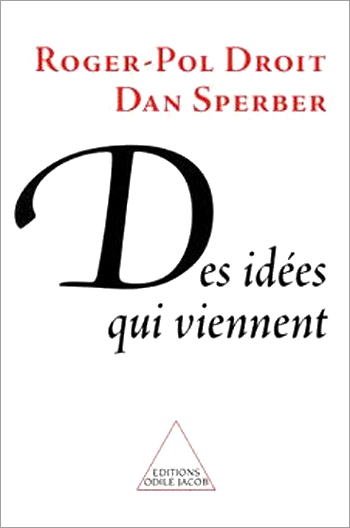
Roger-Pol Droit, Dan Sperber
Ideas on the Way
What ideas can we expect to see develop in the coming years? And how will they modify our conceptions of thought? What impact will they have on our personal existence, our daily reality, our rules for life? Will the intellectual models that are now emerging soon be influencing policy decisions? At a moment as symbolic as the beginning of a new millenium, we wanted to bring together the elements of thought which permit us to better respond to these questions." Roger-Pol Droit and Dan Sperber Both authors work at the Centre National de Rècherche Scientifique.
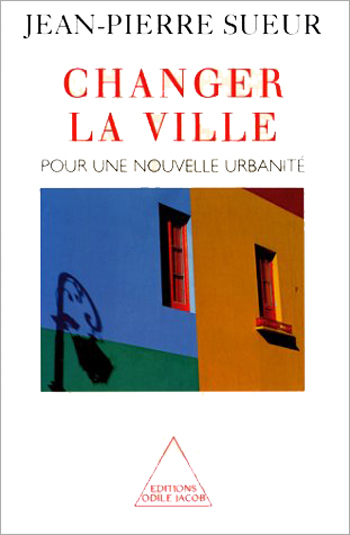
Jean-Pierre Sueur
Changing the City For a New Urbanity
Twenty years after France introduced its urban policy, the situation in the cities leaves much to be desired. Widespread problems include insecurity, violence, inequality, unemployment, pollution, poor housing or housing in hideously ugly tower blocks, traffic jams, and the emergence of ghettos. The author gives a critical reading of the various remedial urban policies introduced during the past few years and points to ways in which the underlying causes of todays urban problems may finally be confronted, so as to ultimately and truly change our cities. Jean-Pierre Sueur, a former government minister and member of Parliament, is the mayor of Orleans.
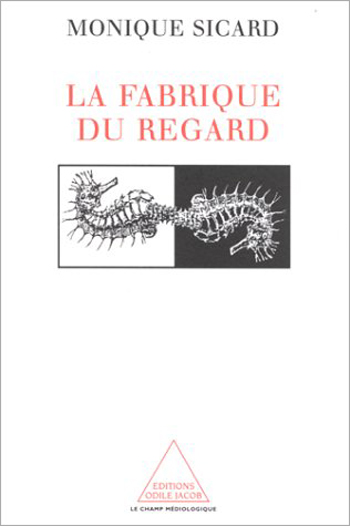
Monique Sicard
The Making of the Image
It was during the Renaissance that images and pictures were first used by anatomists, microscopists, and astronomers as scientific tools. In that era, scientific images served as a kind of inventory of the known world. In the 19th century, the popularization of scientific ideas gave science a new vigor. Photographic images gave science a new reality, explaining and legitimizing scientific concepts--movement, for example--to a fascinated public. In our days, the scientific image is often a construction--helping us to represent objects and ideas that, like fractals or black holes, cannot be defined through actual observation. Monique Sicard is Projects Director at CNRS Images Média.
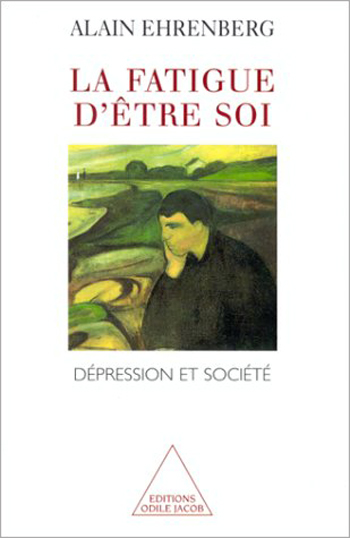
Alain Ehrenberg
Tired of Yourself Depression and Society
Examining the changes that have occurred since the 19th century in both psychiatry and society at large, this book shows how the internal collapse that is depression is the ultimate symbol of our culture of powerlessness. The depressed person cannot rise above the demands imposed on him or that he imposes on himself. He has no recourse but fatigue, inhibition, and indecision. But what does it mean to learn to be oneself? Is our society merely creating huge numbers of hypochondriacs? Can we any longer draw a line between the small unhappinesses and frustrations of daily life, and pathological suffering? Alain Ehrenberg is a sociologist.
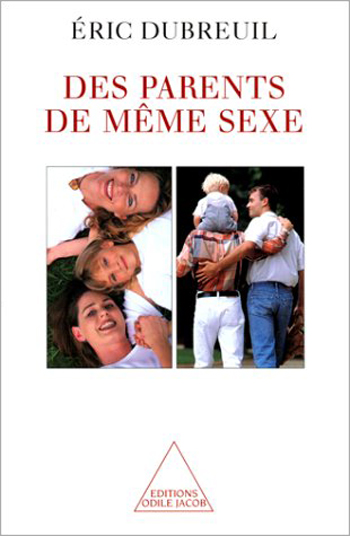
Éric Dubreuil
Parents of the Same Sex
A growing number of gay men and women have founded families and are discovering the joys of parenting. It is estimated that there are approximately 500,000 families headed by parents of the same sex. They have brought the issue of homosexual parenting into the public arena, shattering traditional notions of the family and raising fundamental questions of filiation, adoption, and medically assisted procreation (artificial insemination, surrogate mothers) which go beyond the sphere of homosexuality and concern the future of our societyand therefore of all of us. Based on 29 interviews, including seven of children and teenagers, the book explores the little-known lives of same-sex-parent families.
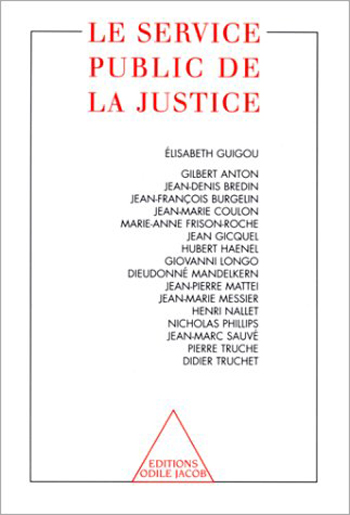
Collectif
The Judicial System as a Public Service
Should the judicial system be reformed ? This question is at the centre of lively debates. It is to institutions such as the chancellery, courts of law and magistrates, that it falls to forge the judicial system, the deliverer of order, equilibrium and social cohesion. However, these institutions seem today to be weak, both in terms of organisation, and in methods of recruitment. It is thus necessary that changes are made. This is especially so as the duty of the judicial system is to operate in such a way that all individuals remain citizens, by delivering them judgements in a reasonable timescale which are certain to be respected. In this respect, it is a public service. The objective of this book is to assess the forms and the effects of a decisive reform in order to benefit our society.

